Introduction
The world of international diplomacy is witnessing a profound transformation as four key Western nations—Britain, Canada, Australia, and Portugal—have formally recognized the State of Palestine. Announced on September 21, 2025, this coordinated action comes against the backdrop of heightened violence in the Middle East, where Israel's military operations in Gaza continue to draw widespread condemnation. With the United Nations General Assembly in session, these recognitions underscore a growing global consensus on the need for a two-state solution, even as on-the-ground realities remain dire. At Amerili, where we celebrate American ingenuity and self-reliance, such global shifts remind us of the interconnectedness of world events and their potential ripple effects on trade, supply chains, and economic stability.
The Historic Announcements
The declarations were made in quick succession, highlighting a unified front among these allies. Britain's Prime Minister Keir Starmer described the move as "a step towards lasting peace," emphasizing that recognition aligns with the UK's long-standing support for Palestinian self-determination within secure borders. Canada followed suit, with Prime Minister Justin Trudeau framing it as a commitment to human rights and international law, stating that "inaction is no longer an option amid the humanitarian crisis." Australia's Foreign Minister Penny Wong echoed these sentiments, noting the decision's role in pressuring all parties toward negotiation. Portugal, joining the chorus, highlighted its historical ties to decolonization efforts.
This wave of recognitions builds on earlier actions by countries like Ireland, Norway, Spain, and now France, which announced its own recognition just days prior. As of September 2025, 155 out of 193 UN member states recognize Palestine, representing over 80% of the global community. The pre-1967 borders, including East Jerusalem as the capital, form the basis of these acknowledgments, aligning with longstanding international frameworks.
Escalating Tensions in the Region
These diplomatic strides occur amid a sharp escalation in the Israel-Palestine conflict. Just hours before the announcements, Israeli forces intensified airstrikes on Gaza City, resulting in at least 37 Palestinian deaths and numerous injuries. The Israeli military justified the operations as targeting "terrorist infrastructure," but humanitarian organizations have decried the strikes as exacerbating an already catastrophic situation. Since October 2023, the war has claimed over 65,000 lives in Gaza, with thousands more presumed buried under rubble.
The United Nations has been vocal, with a recent Commission of Inquiry finding that Israel has committed acts amounting to genocide in Gaza. UNRWA facilities have also been indirectly impacted by airstrikes, further straining aid delivery. On the diplomatic front, proposals for a 60-day ceasefire, potentially involving Hamas surrendering weapons in exchange for hostages, are under discussion, but progress remains elusive.
Reactions from Key Stakeholders
The recognitions have elicited strong responses. Israeli Prime Minister Benjamin Netanyahu condemned the moves as "rewarding terrorism" and vowed to expand settlements in the West Bank, potentially complicating future peace efforts. Palestinian Authority President Mahmoud Abbas welcomed the decisions, urging more nations to follow suit and calling for Hamas to relinquish control of Gaza.
In the United States, which has not recognized Palestine, President Donald Trump received a letter from Hamas proposing a truce, but U.S. officials remain skeptical. The European Union, while divided, sees this as momentum toward a unified stance, with France's recognition marking the first G7 nation to do so. Globally, reactions range from support in Asia, Africa, and South America—where most recognitions already exist—to caution in Western Europe and North America.
Broader Global Implications
Beyond the immediate region, these developments could reshape international relations. They may pressure the U.S. and other holdouts to reconsider their positions, influencing UN votes and aid distributions. Economically, heightened tensions could disrupt global supply chains, affecting energy prices and trade routes. For instance, instability in the Middle East often leads to fluctuations in oil markets, impacting manufacturing costs worldwide.
At Amerili, we view these events through the lens of resilience and innovation. As a marketplace dedicated to USA-made products, we champion domestic production that reduces reliance on volatile international supply chains. Supporting American makers not only bolsters our economy but also promotes stability in an uncertain world. From tools crafted in Detroit to apparel sewn in North Carolina, our vendors embody the spirit of self-sufficiency that can weather global storms.
Looking Ahead
As the UN General Assembly continues, eyes are on potential resolutions endorsing a two-state solution. While these recognitions offer hope for diplomacy, the path to peace remains fraught. Super typhoon Yagi's devastation in Southeast Asia serves as a stark reminder that global challenges—from conflicts to climate crises—demand collective action.
What do you think this means for international relations? Share your thoughts in the comments below, and don't forget to explore our collection of proudly USA-made products to celebrate the makers who build our future.
**Tags:** Palestine Recognition, International Diplomacy, Middle East Conflict, Global News, UN General Assembly, Two-State Solution, Israel-Palestine

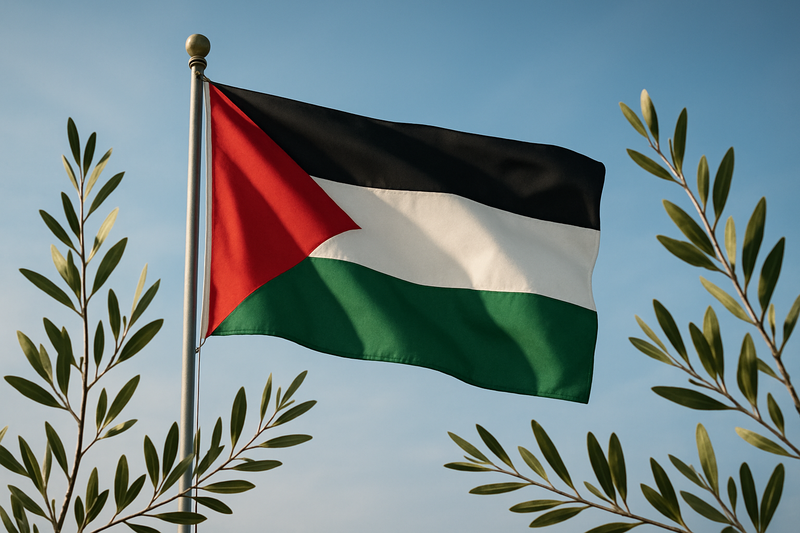




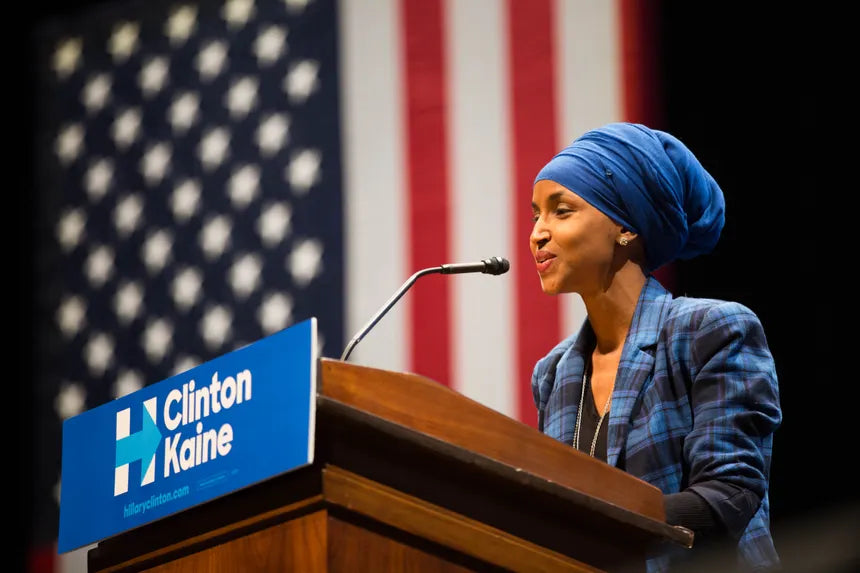

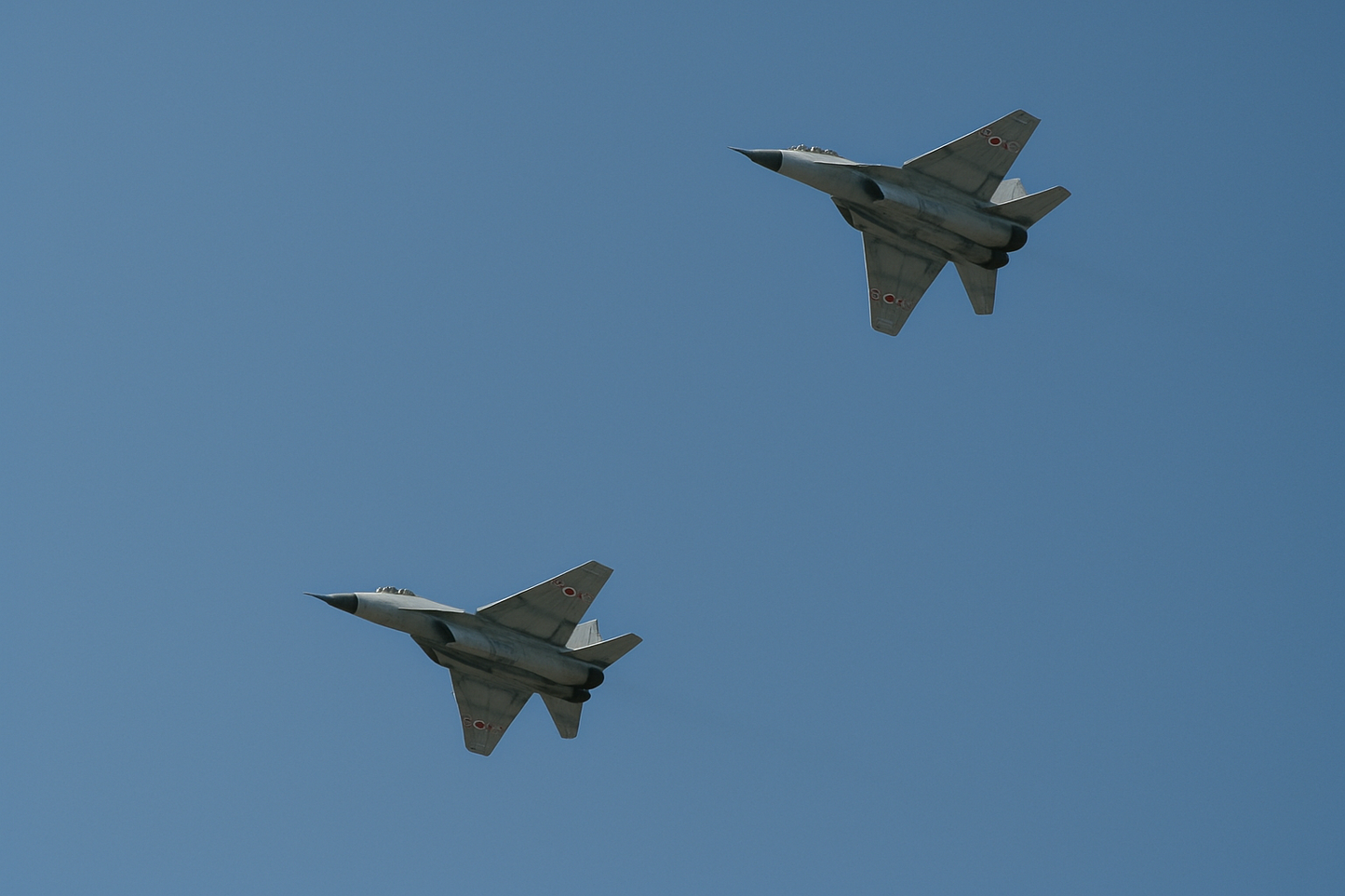
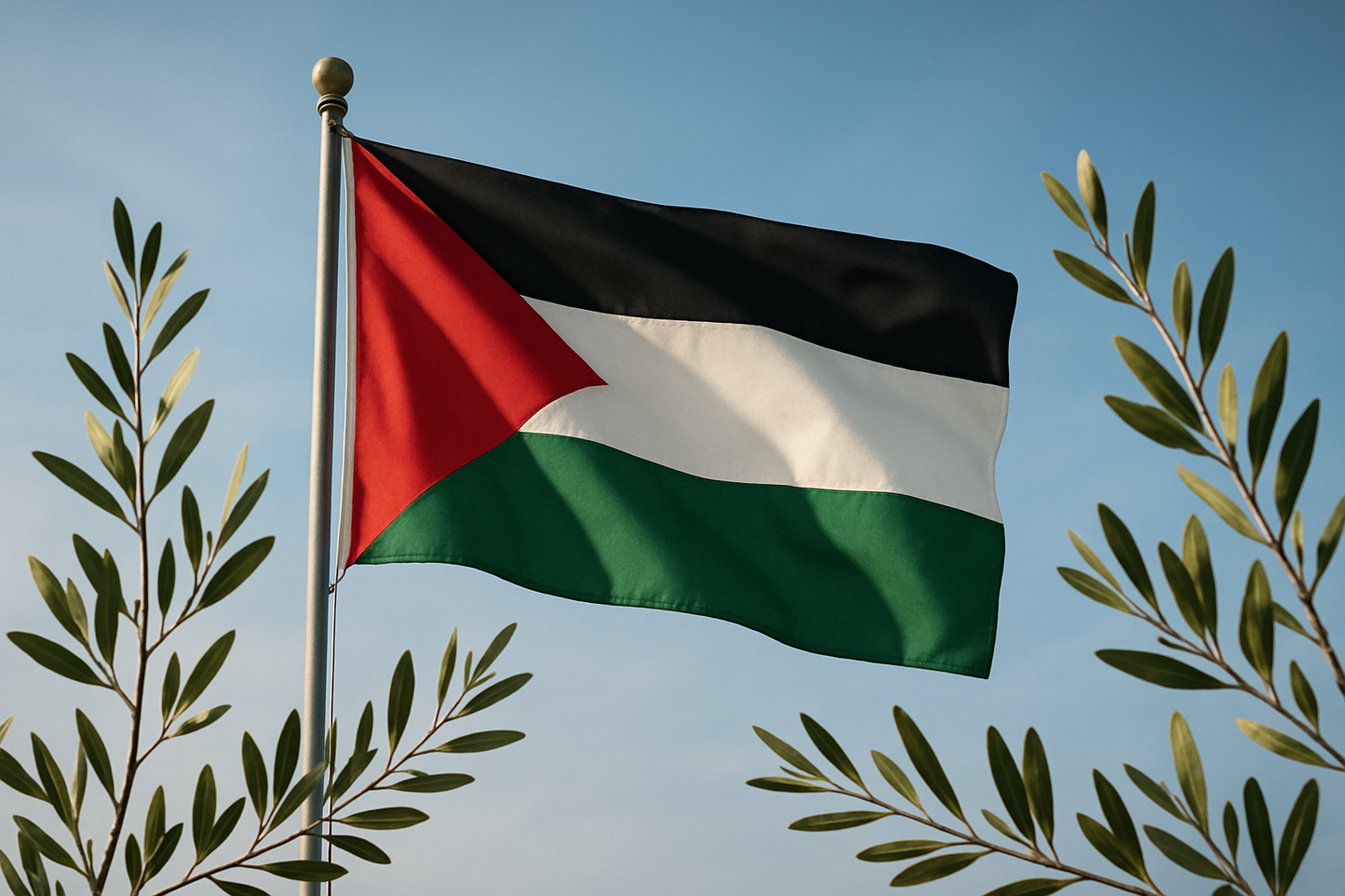

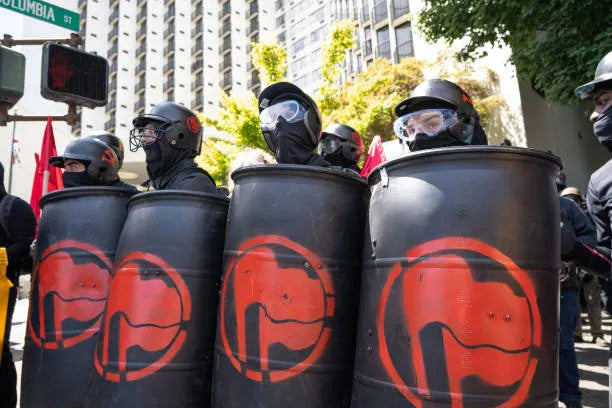


Leave a comment